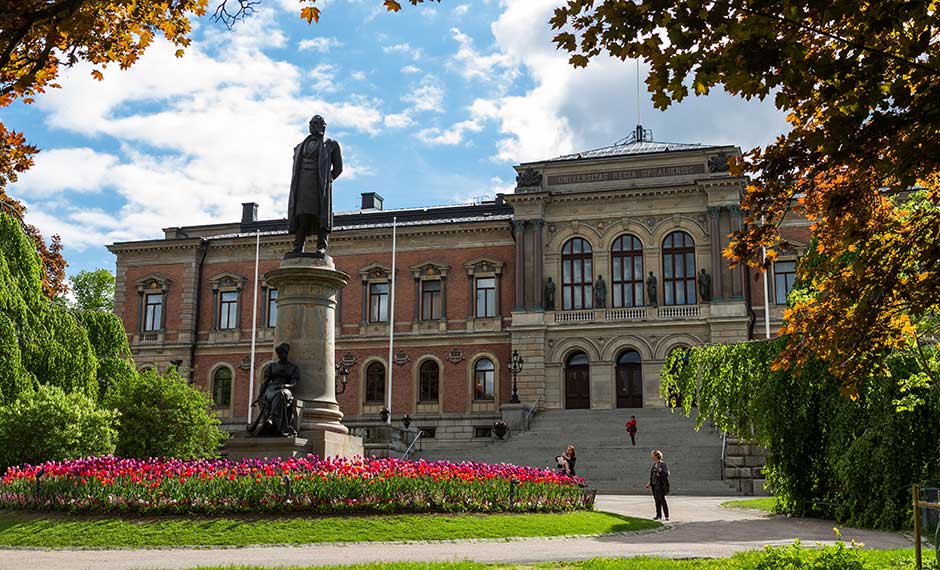Swedes’ confidence in universities is higher than it has been for many years, according to a recent survey undertaken by VA (Public & Science) and the SOM Institute.

The Swedish public’s views on science and research have been followed since 2002 by the Swedish non-profit organisation VA (Public & Science) in collaboration with the SOM Institute at Gothenburg University. The latest survey shows the highest confidence figures for universities recorded since the surveys began. Six out of ten Swedes have fairly or very high confidence in how universities carry out their work.
“This high level of confidence is further strengthened as only seven percent say that they have fairly or very low confidence. However, the survey was conducted in the autumn of 2015 prior to all the attention and accusations of misconduct surrounding the researcher Macchiarini,” said Maria Lindholm, Director of Research at VA.
Confidence in researchers is also high: 64 percent of Swedes say they have very high or fairly high confidence in researchers. Over the 13 years that the question has been asked, the outcome has varied considerably. These variations are due largely to how many people say they have no opinion on the matter – high confidence figures coincide with fewer people not having an opinion. In the most recent survey, 13 percent responded that they had no opinion on the matter. Only three percent have fairly low or very low confidence in researchers.
Education and interest in politics a key factor
As in previous years, there are some clear differences between various groups in the survey. Confidence in researchers and research is greatly influenced by a person’s level of education and how interested they are in politics: A high level of education and a strong interest in politics is linked to higher levels of confidence. Women are more likely than men to lack an opinion.
Another reoccurring result is that Swedish people have higher confidence in research in the fields of medicine, natural sciences and technology than in the social sciences, educational sciences and humanities. Despite a rise in confidence in research in all the faculty subjects, there are, as in previous years, large variations between the various subjects. Medicine is at the top; 76 percent say they have very or fairly high confidence in medical research conducted in Sweden. This is followed by technology (71 percent), natural sciences (66) and social sciences (52). Bottom of the list are educational sciences (45 percent) and the humanities (44).
“These differences can be largely explained by a higher proportion of people, who have little understanding of research in the social sciences, educational sciences and humanities. It seems to be harder for people to have an opinion about research in these fields. Perhaps, it’s because the research is less visible,” said Maria Lindholm.
Prioritise research on the environment and cardiopulmonary diseases
The SOM study also asks participants to indicate which fields of research they believe should be prioritised in Sweden. The fields are slightly changed each year. Of the ten options in the 2015 survey, research on heart and lung diseases and the environment were prioritised most highly; 94 and 90 percent respectively thought that investment in ”world class” research in these fields in Sweden was very important or fairly important. Research on literature and space were given the lowest priority out of the options in the 2015 survey. Here, 37 and 34 percent respectively thought that it was very important or fairly important.
VA (Public & Science)’s report is based on the results of the 2015 SOM survey and is written by Martin Bergman, project manager at VA and Maria Lindholm, Director of Research. The survey is conducted using a nationally representative sample of 3,400 people aged 16–85, who are living in Sweden. The report is part of the Science in Society project, a collaboration between VA and the SOM Institute, with financial support from the Swedish Foundation for Humanities and Social Sciences, the University of Gothenburg, Lund University and Uppsala University.
The report Science in Society – results from the SOM survey 2015 is available in Swedish only.

